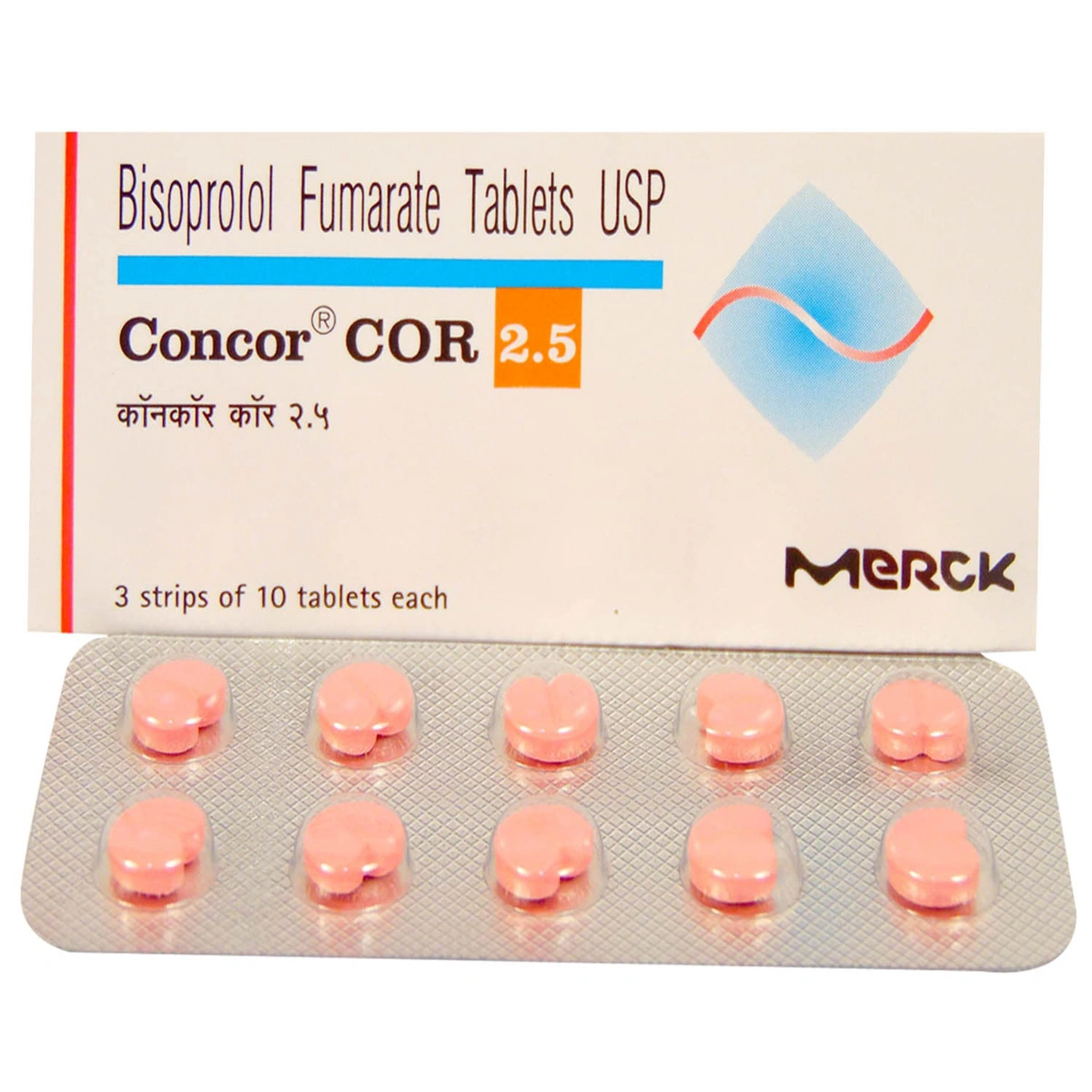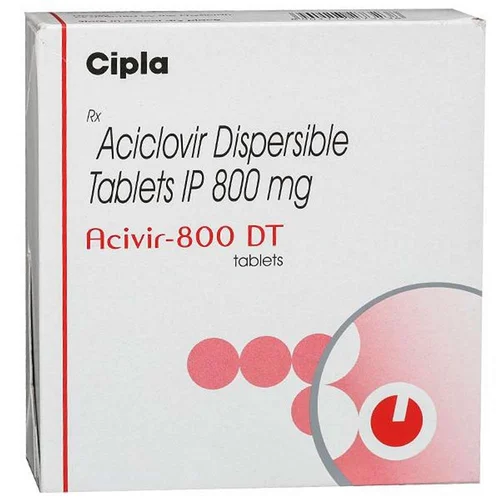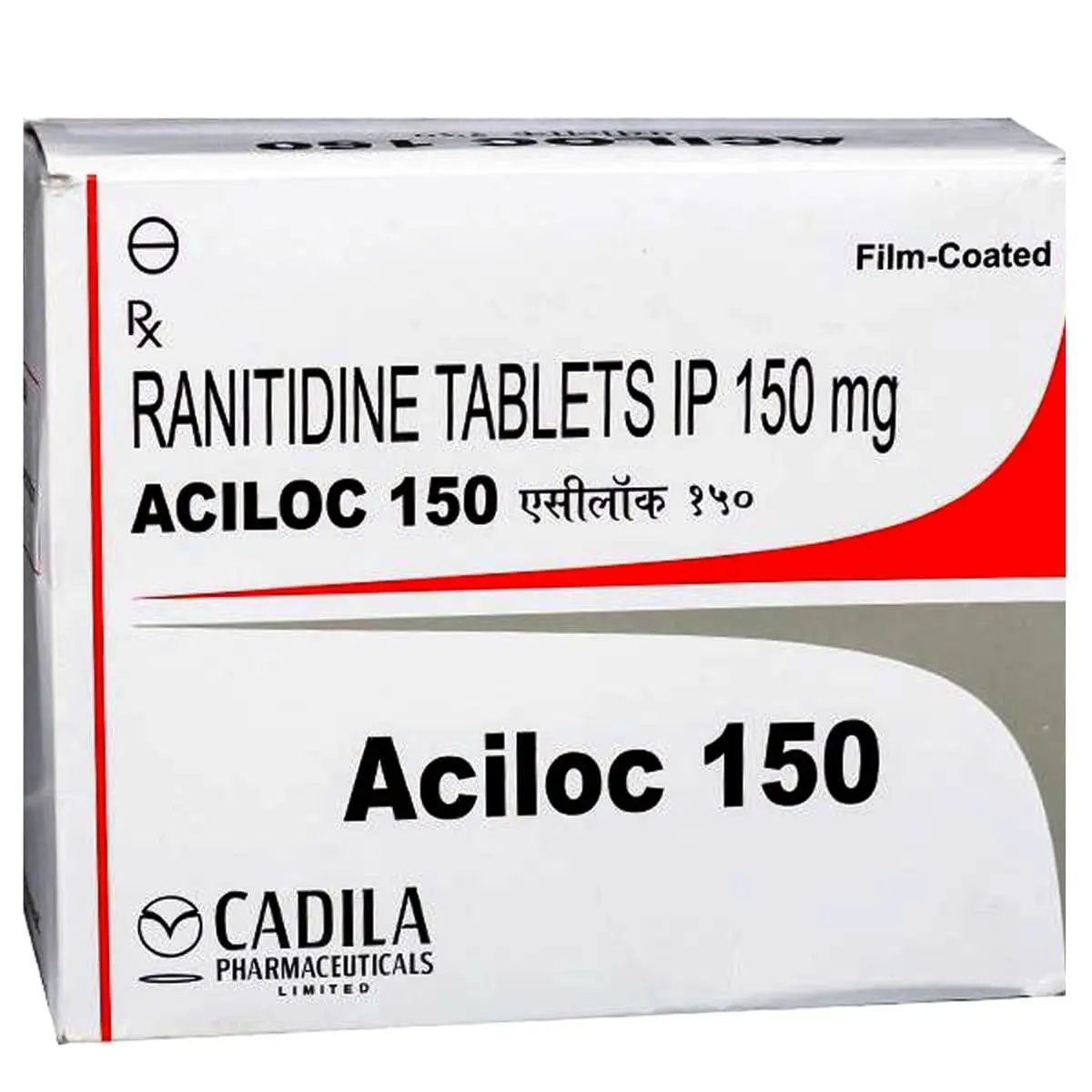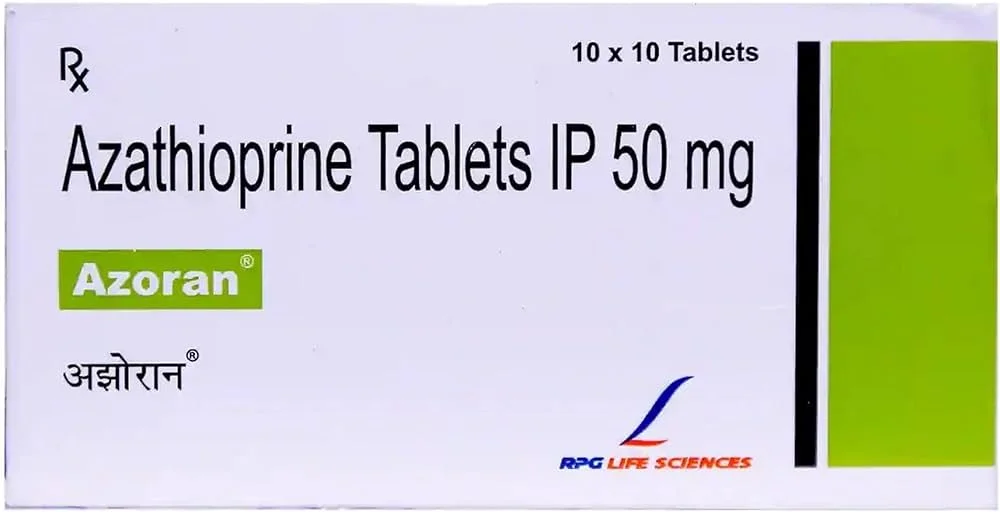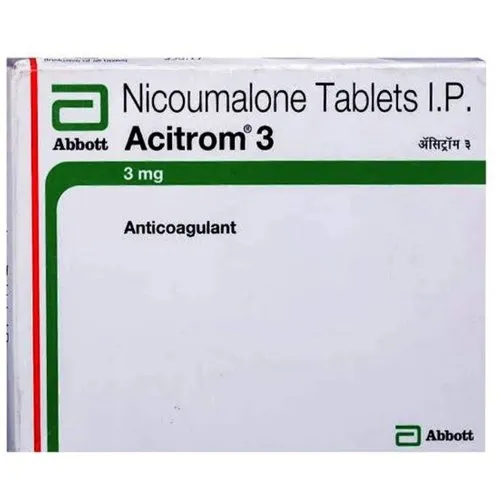Use:
This drug belongs to the class of beta-blockers which are used to treat hypertension (high blood pressure), angina pectoris (pain in the chest) and arrhythmia (an irregular heartbeat). It also helps protect against future heart attacks.
Indication:
it also used to treat symptoms caused by hyperthyroidism. It can be prescribed on its own or in combination with other medicines. The dosage and frequency of administration will depend on the purpose of the treatment and the degree of severity of the condition. It can be taken on its own or taken with a meal. However, to get the maximum benefit, it is recommended to take it at a consistent time each day. It can take several weeks for the full effects of this medicine to be felt and may need to be taken for the duration of the patient’s life. It is also important to take it even when feeling fine. Most people who have high blood pressure don’t feel ill, and if stopped taking it, their condition may deteriorate.
Side Effects:
The most common side effects are tiredness, headache, slowed heart rate, dizziness and nausea. These side effects are usually mild and don’t last very long. In some people, it may also make them short of breath or cause low blood pressure. Your doctor will likely start you on a low dose and increase it gradually. If you experience these side effects or they don’t go away, talk to your doctor.
Safety Advice:
If you have liver problems, consult your doctor before taking this medicine. It may not be suitable for patients with low heart rate, severe circulatory issues, severe heart failure or low blood pressure, and pregnant or breastfeeding mothers. Your blood pressure should be checked regularly to ensure the medicine is working correctly. Do not drink alcohol as it may worsen some of the side effects of this medicine.

